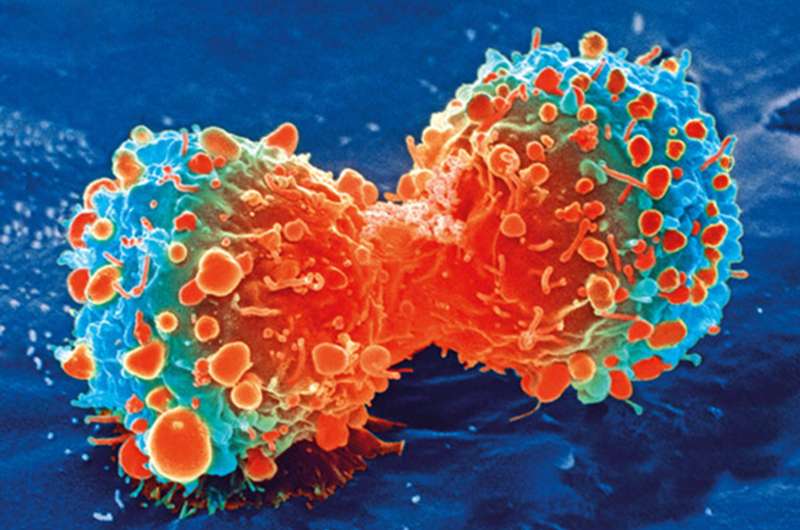
Intersectionality posits that social categorizations and personal identities are interconnected in a way that creates a unique nuanced lived experience for individuals rather than an additive experience. For example the experience of a queer Black woman living in a rural area is not the sum of being queer, Black, and in a rural location, as these identities are not mutually exclusive.
An analysis published in Psycho-Oncology examines published research on intersectionality relative to disparities in cancer care.
The analysis included 28 studies and found that the intersection of sexual minority status with race/ethnicity was association with lower diagnostic screening, lower receipt of preventative services, and an increase in distrust of the healthcare system.
The results uncover the various ways in which patients with intersectional identities may be at higher risk for negative cancer outcomes.
Source: Read Full Article
